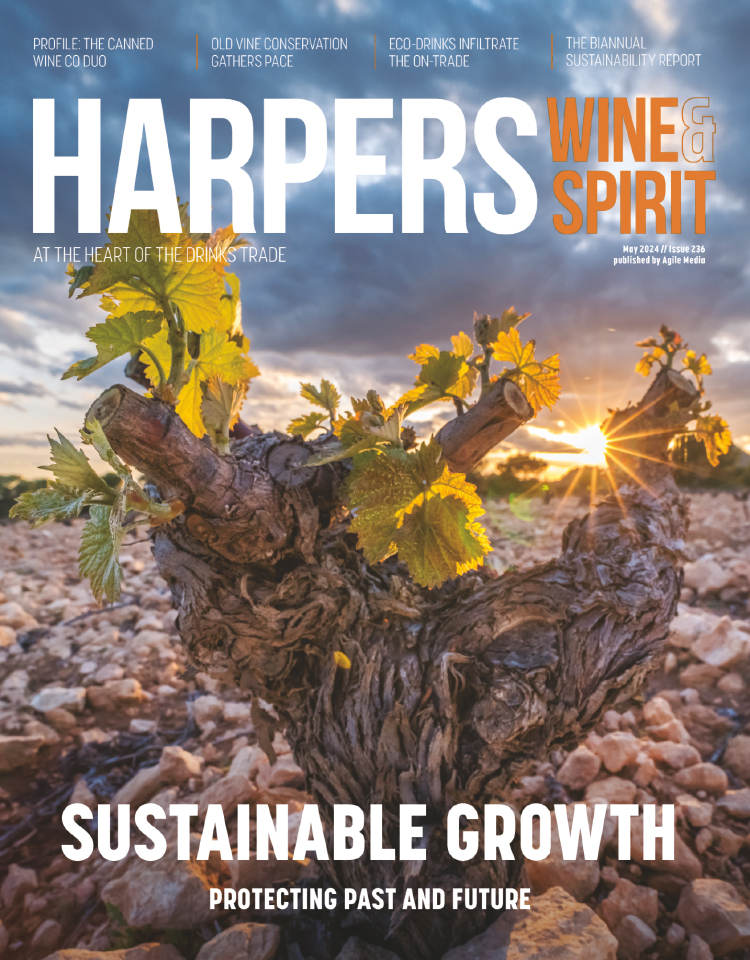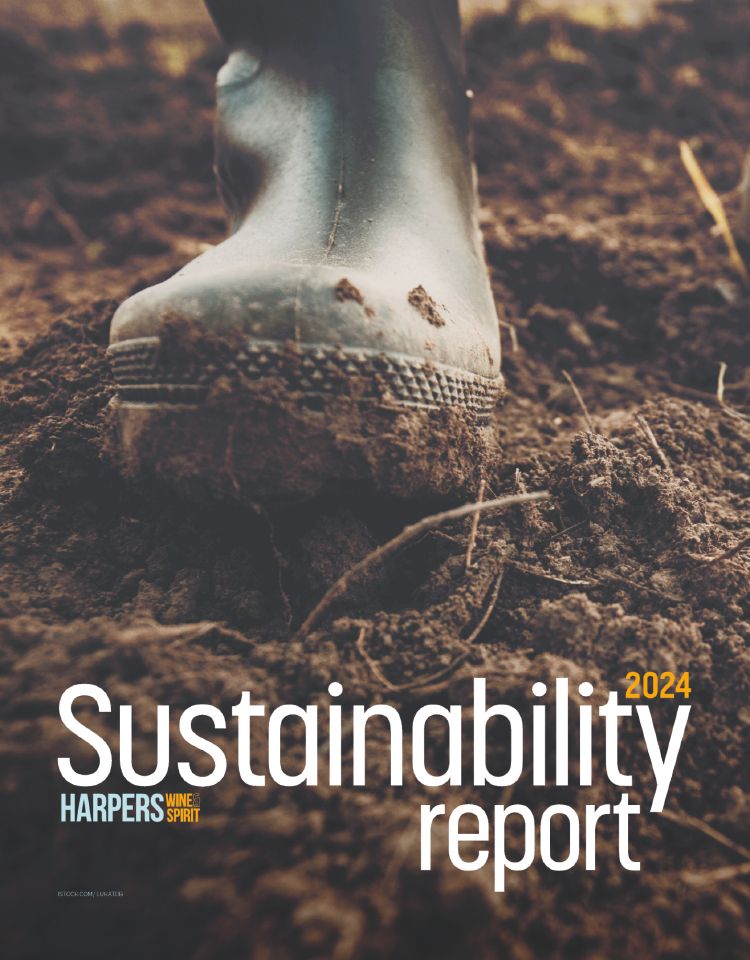
Scottish whisky industry leads the way on green issues
The Scottish whisky industry is on track to meet a range of ambitious environmental targets, a new report shows.
The industry has reduced landfill waste in its packaging operations from 13% in 2008 to just 2%, according to the latest environmental strategy report from the Scotch Whisky Association.
The SWA's is the only environmental strategy in Scotland to cover an entire business sector.
Use of non-fossil fuels has risen from 3% to 17%, the report reveals, reflecting a major investment by producers in renewables, such as UV solar panels and boilers that use woodchip and pellets. The industry has also improved its use of distillery by-products, such as biomass and anaerobic digestion, as a source of energy.
Investment in renewables is up 200% since 2012.
Greenhouse has emissions are down 1% since 2008. Production has increased 20% in that period, while energy use has only grown by 14%.
Distilleries have also been working closely with the Scottish Environment Protection Agency to reduce water use by14% since 2008.
However, the trend toward premium products in the sector, with elaborate packaging and stylised, heavy bottles, has mean that the average weight of packaging for a nine-litre case has only been minimally reduced.
The average is now 6.56kg, down from 6.62kg in 2008.
David Frost, chief executive of the Scotch Whisky Association, said: "We believe our environmental strategy is a great example of what can be achieved by an industry working in collaboration. Our progress report shows that the Scotch whisky industry is committed to sustainability and maintaining a pristine environment for generations to come.
"We have made great strides since the industry environmental strategy was launched in 2009 and we're proud of what we've achieved.
"But when it comes to sustainability more can always be done and we will continue to work in partnership with governments, regulators and our supply chain to further improve our environmental performance."
Richard Lochhead, Scotland's cabinet secretary for rural affairs, food and the environment, said: "The whisky sector continues to be more resourceful, and has proved that it is contributing significantly in Scotland's shift towards a more circular economy.
"A flourishing natural environment is vitally important to all of us for practical, social and cultural purposes. The Scotch Whisky Association recognises this in its environment strategy, and I commend them in their endeavours set out in this report, and their commitment towards sustainability issues."
Terry A'Hearn, chief executive of the Scottish Environment Protection Agency, said: "We strongly endorse the Scotch whisky sector's environmental strategy, as an exemplar, setting its own targets on a sector-wide basis so that companies of different sizes can contribute with initiatives that make sense to them.
"The association and its member companies can rightly be proud of the progress made, despite a welcome increase in productivity which is good for Scotland.
"We can learn a lot from the whisky sector's approach, and SEPA is keen to promote similar initiatives with other important industrial sectors, so Scotland can demonstrate there is a way for successful businesses to thrive, and also meet challenging environmental targets, going well beyond compliance with regulatory requirements."





